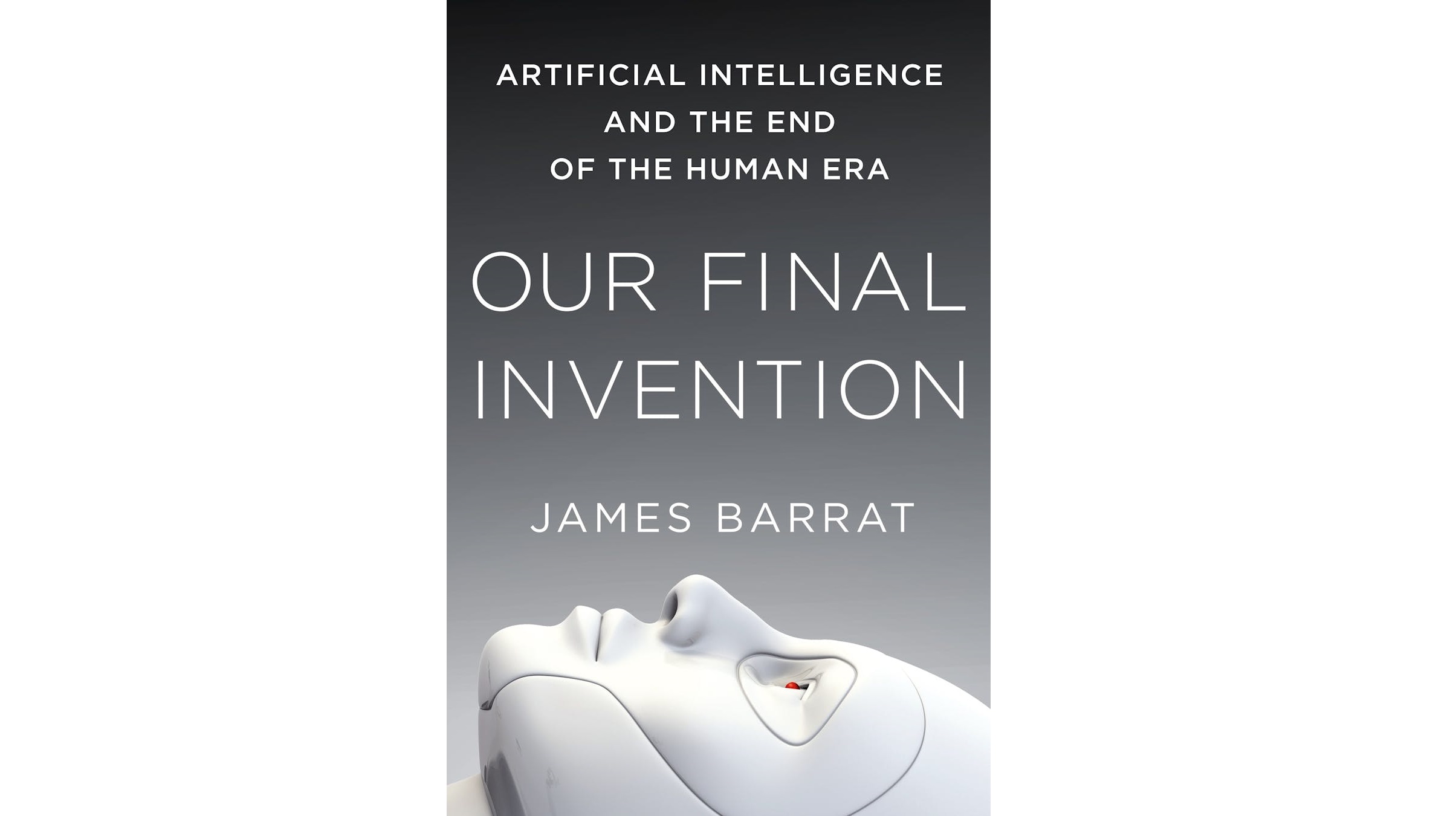This article discusses the threat of AI amongst all other possible threats humanity faces in the context of James Barrat’s book The Final Invention.
The article begins as follows:
Humanity today faces incredible threats and opportunities: climate change, nuclear weapons, biotechnology, nanotechnology, and much, much more. But some people argue that these things are all trumped by one: artificial intelligence (AI). To date, this argument has been confined mainly to science fiction and a small circle of scholars and enthusiasts. Enter documentarian James Barrat, whose new book Our Final Inventionstates the case for (and against) AI in clear, plain language.
Disclosure: I know Barrat personally. He sent me a free advance copy in hope that I would write a review. The book also cites research of mine. And I am an unpaid Research Advisor to the Machine Intelligence Research Institute, which is discussed heavily in the book. But while I have some incentive to say nice things, I will not be sparing in what (modest) criticism I have.
The central idea is haltingly simple. Intelligence could be the key trait that sets humans apart from other species. We’re certainly not the strongest beasts in the jungle, but thanks to our smarts (and our capable hands) we came out on top. Now, our dominance is threatened by creatures of our own creation. Computer scientists may now be in the process of building AI with greater-than-human intelligence (“superintelligence”). Such AI could become so powerful that it would either solve all our problems or kill us all, depending on how it’s designed.
The remainder of the article is available in Scientific American.
This blog post was published on 11 October 2013 as part of a website overhaul and backdated to reflect the time of the publication of the work referenced here.










